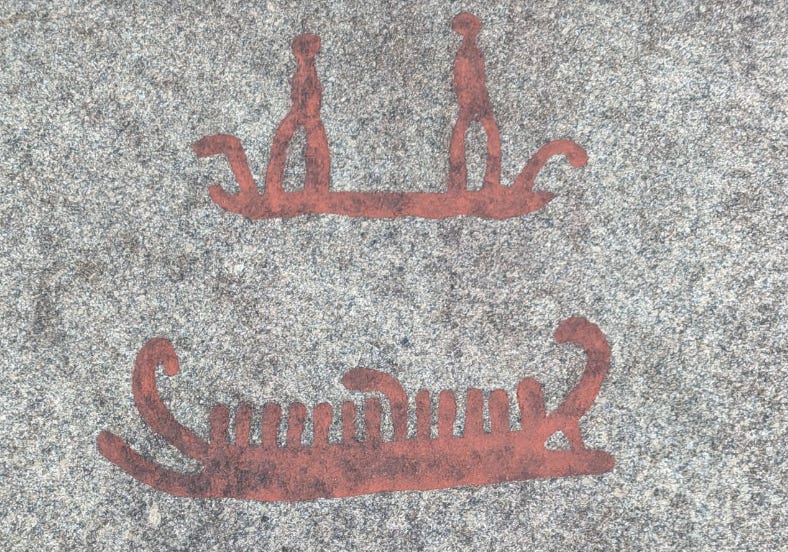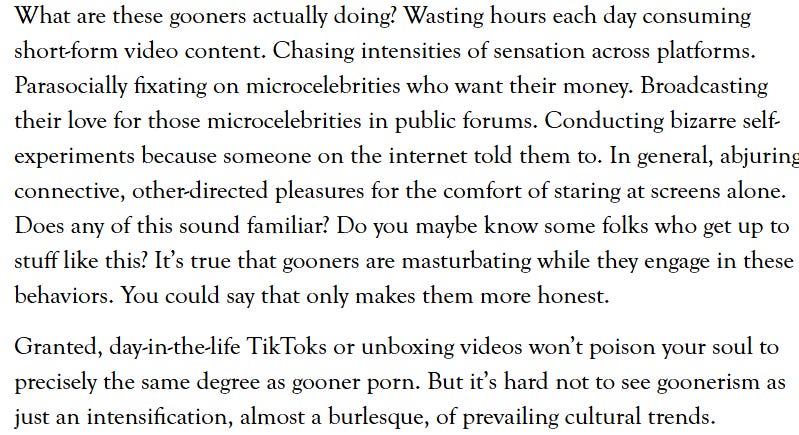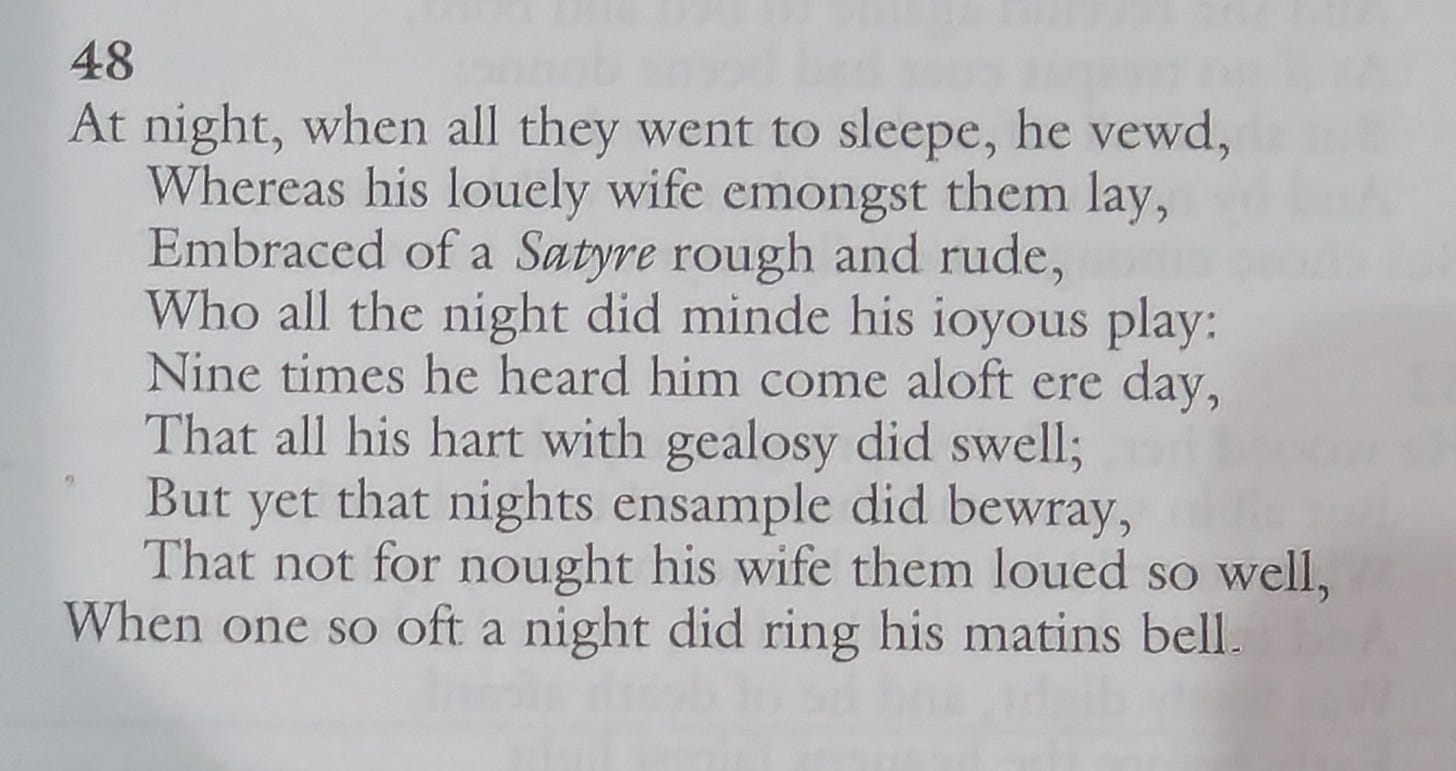One test of a bullshitter is that they assume Voltaire would approve of modern liberal democracy. I don’t think that you can read either Candide or his Philosophical Dictionary and come away with that belief. Voltaire certainly didn’t suppose that society could be ruled by an appeal to enlightened self-interest. On the contrary, he wrote
All men are born with a sufficiently violent liking for domination, wealth and pleasure, and with much taste for idleness; consequently, all men want their money and the wives or daughters of others, to be their master, to subject them to all their caprices, and to do nothing, or at least to do only very agreeable things.
and
The question is then asked whether a nation of atheists can exist; it seems to me that one must distinguish between the nation properly so called, and a society of philosophers above the nation. It is very true that in every country the populace has need of the greatest curb, and that if Bayle had had only five or six hundred peasants to govern, he would not have failed to announce to them the existence of a God, rewarder and revenger.
But there is one sense in which Voltaire was a true precursor of the people who parade beneath the shroud of the Enlightenment today: he did not really believe in original sin. The thoroughly French or Eighteenth century cynicism about human nature he displays in the quotes above didn’t really go far enough. Even though Candide is a gloriously thoroughgoing romp against the idea of a benevolent God who will reward virtue and protect the innocent he thought it necessary for “The nation” – the common people and the peasants – to believe in that sort of God even if the philosophers found Him absurd.
The institution of religion exists only to keep mankind in order, and to make men merit the goodness of God by their virtue. Everything in a religion which does not tend towards this goal must be considered foreign or dangerous.
Against this I am on the side of Candide and, also I would say, of Christian orthodoxy and of realism: virtue is not enough; there is no salvation by works. You don’t have to be a philosopher to understand that the race is not to the swift and that life is radically unfair. I suppose you can reconcile these positions by believing in an afterlife when virtue is ultimately rewarded, but Voltaire did not. He thought it impossible for a man of intelligence to believe in absurdities. When his Philosophical Dictionary discusses Faith, he has Pope Alexander VI, a Borgia who became a byword for corruption, ask:
“what merit one can have in telling God that one is persuaded of things of which in fact one cannot be persuaded? What pleasure can that give God? Between ourselves, saying that one believes what is impossible to believe is lying”
Now you may say that a Borgia Pope is the very definition of a Devil’s advocate but in this instance I believe he speaks for the author.
So Voltaire wants a society where the commoners believe lies and the enlightened ones tell them these lies for the good of the state. This doesn’t look like the programme of the New Atheists, or of the defenders of the Enlightenment like James Marriott, arguing in the Times against the rise of superstition. It seems in fact to be exactly the opposite. Marriott, or Stephen Pinker, Carl Sagan, and every other East Coast liberal, wants the common people enlightened. They are not to believe lies or to trust superstition.
Voltaire would laugh at their crude Anglo-Saxon idealism: the people will never know better he’d say. Of course nearly everyone believes this privately, even if it is part of public piety to deny it. Humans are naturally incapable of disciplined thought without hard training and lifelong effort which few of us get and fewer still want. As Orwell observed, it takes effort to see what is in front of your nose – perhaps more effort than is needed to contemplate distant, more pleasing vistas.
But that’s not the only flaw in the programme. The assumption is that the philosophers – the elite – are better at finding truth than the common people. In some respects this is obviously true. We are better at abstract thought, better even at coherent thought, as Marriott points out when he laments the collapse of literacy. We should have been trained on a much wider base of historical understanding. But are we any better at avoiding self-deception? Are we any less hypocritical in the pursuit of self-interest? Look around you. Are Jewish space lasers any more crazy a superstition than the belief that Elon Musk might be worth a trillion dollars?
These fantasies are not descriptions of the external world. They don’t tell us what’s true. In fact they are absurdities. But only sometimes is the most important thing about an idea is that it’s false; often that’s the least interesting thing about it. Saying that one believes in these absurdities is not simple lying, as Voltaire and perhaps Marriott would claim. It is an act of social positioning. It makes a statement about who can trust you and who you do not trust. This is of much greater importance in most people’s lives than understanding gravity, or evolution. To believe in absurdities is often the rational choice.
If I’m right, the faith that we can abandon superstition is itself an absurdity, one which serves to signal out position in the enlightened elite. Only by believing something so obviously stupid can we show how very clever we are.






